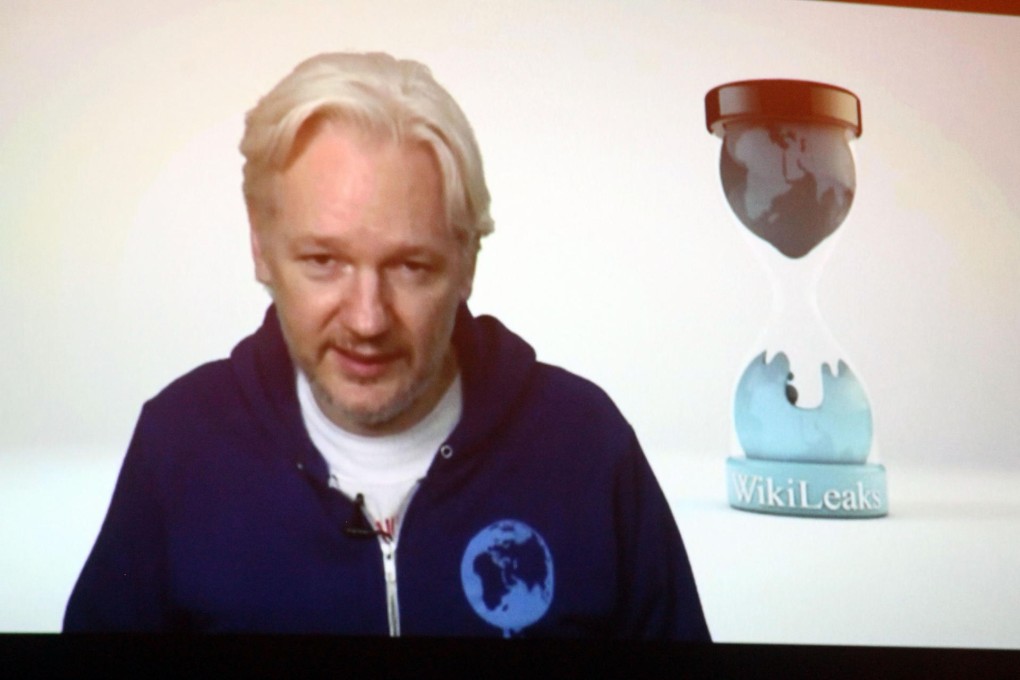WikiLeaks founder Assange likely to avoid secrecy charges in US
Justice Department cannot indict WikiLeaks founder for publishing classified documents without also prosecuting news organisations

The US Justice Department has "all but concluded" it will not bring charges against WikiLeaks founder Julian Assange for publishing classified documents.
Government lawyers said they could not do so without also prosecuting US news organisations and journalists.
They have not informed us in any way that they are closing the investigation
Officials stressed that a formal decision had not been taken, and a grand jury investigating WikiLeaks remained impanelled.
But they said there was little possibility of bringing a case against Assange, unless he is implicated in criminal activity other than releasing online top secret military and diplomatic documents.
The Obama administration has charged government employees and contractors who leak classified information - such as former National Security Agency contractor Edward Snowden and former army intelligence analyst Bradley Manning - with violations of the Espionage Act.
But officials said that although Assange published classified documents, he did not leak them, something they said significantly affected their legal analysis.
"The problem the department has always had in investigating Assange is there is no way to prosecute him for publishing information without the same theory being applied to journalists," said ex-Justice Department spokesman Matthew Miller.